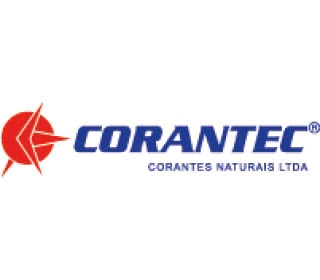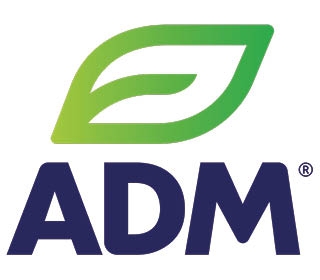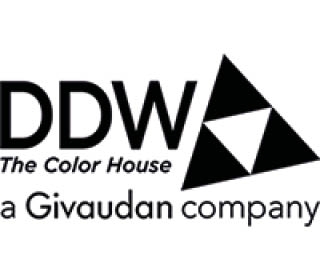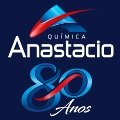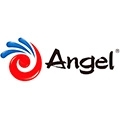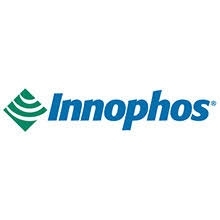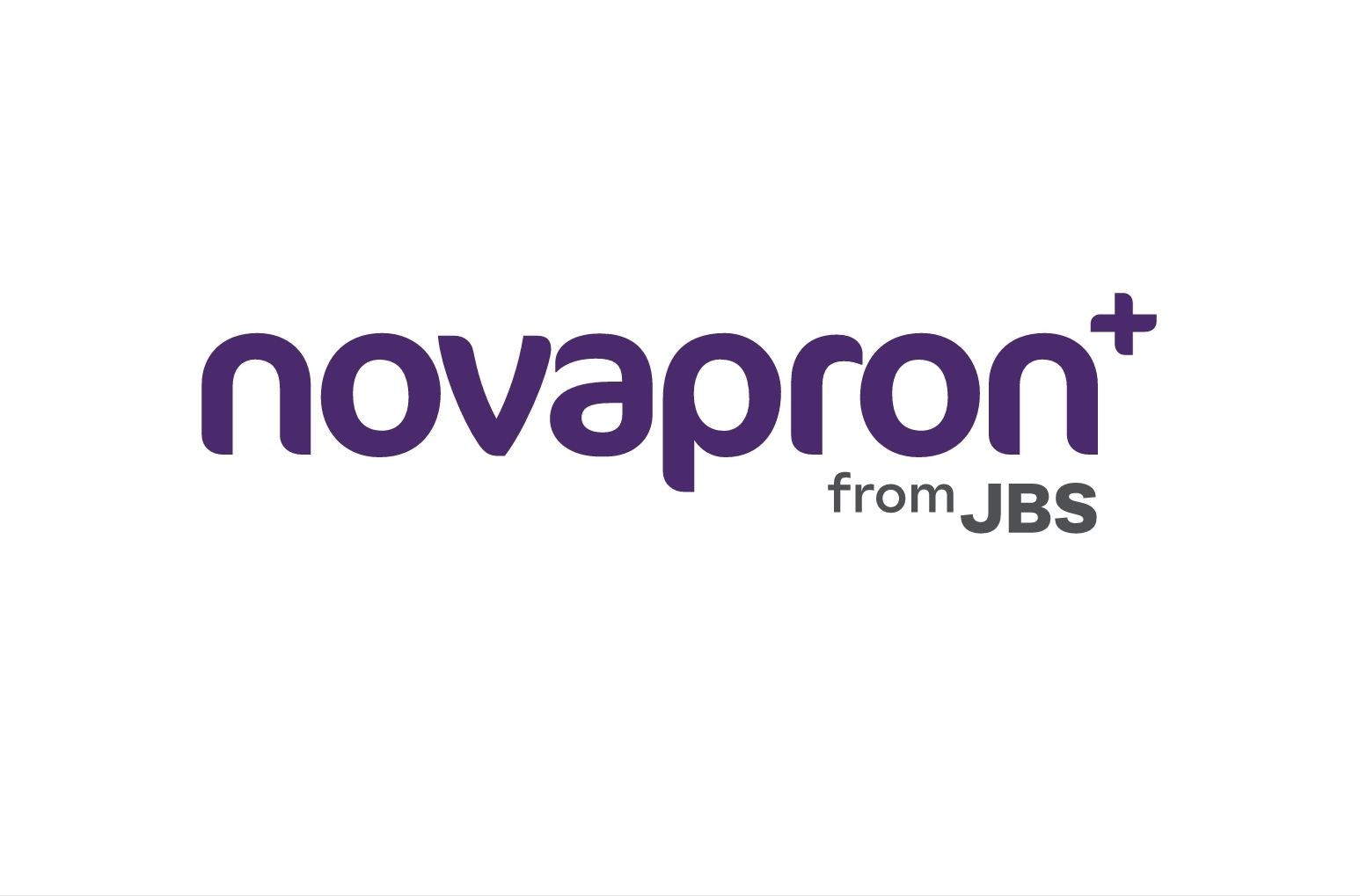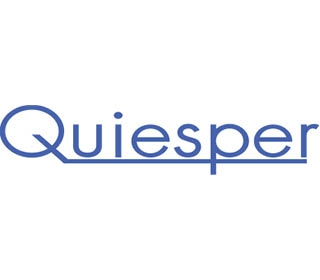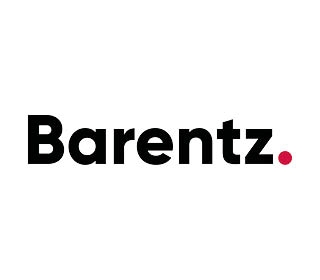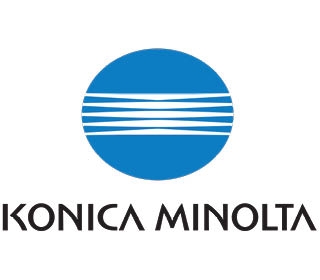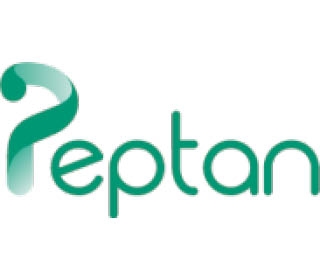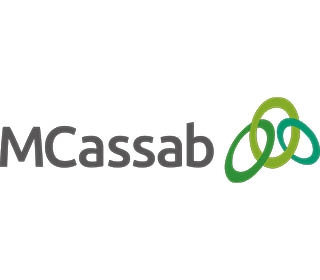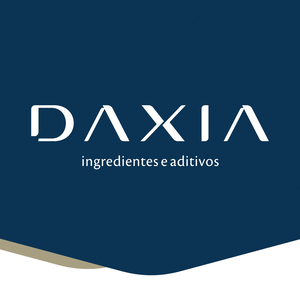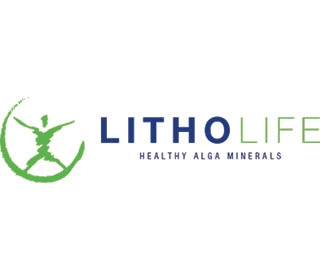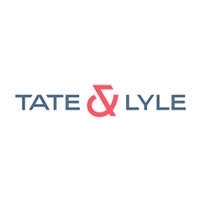DuPont releases enzyme solution for maximized beer flow to Australian market
An enzyme solution marketed as holding an “unprecedented ability” to maximize beer flow, especially on barley, has been released to the Australian beer market by DuPont Nutrition & Biosciences (DuPont). Branded as Laminex MaxFlow 4G filtration enzyme, the solution is the latest offering within DuPont’s brewing enzymes range. For large-scale brewers, the solution is presented with a cost efficient quotient and a high and consistent throughput.
Modern brewing enzymes are valued for their functional solutions to many of the inherent challenges in beer brewing – from faster processing and limiting capital expenditure, to reducing environmental impact by saving energy. “The product is new to Australia, yet was already available in other regions,” a DuPont spokesperson tells.
“If you aim for a production output of several hundreds of thousands of hectoliters of beer, what you really need is a solution to keep things flowing. This solution is very favorable for high-gravity brewing,” adds Jens Eiken, Global Product Manager for Brewing Enzymes at DuPont.
Using a special combination of β-glucanase and xylanase, Laminex MaxFlow 4G is developed with a particular focus on beer filtration. Specifically, the solution is touted for its efficiency in reducing high-molecular weight β-glucan and pentosan levels in all types of wort, facilitating the ease and speed of mash separation and beer filtration due to reduced wort viscosity. It is suitable for use with all conventional types of separation equipment used.
Improving the systems of mash separation and beer filtration enables brewers to increase brewhouse yield and reduce energy and water associated with filter cleaning, notes the supplier. Other benefits of using Laminex MaxFlow 4G include approximately 0.10 percent higher brewhouse yield, 0.15 percent lower beer losses and 17.5 percent higher throughput at beer filtration.
Among the challenges faced by brewers is avoiding any risk of off-flavor formation when applying brewing enzymes. To meet this end, Laminex MaxFlow 4G is pegged by its manufacturer as minimizing the risk of off-flavor in the finished beer in comparison to similar filtration enzymes. “The level of ferulic acid is markedly lower when the brewers apply Laminex MaxFlow 4G as their brewing enzyme of choice,” the company notes.
Better beer filtration and the reduced risk of filter cake collapse also means that cleaning operations need to take place much less frequently, allowing brewers to reduce the number of time-consuming and costly production stops and secure “right-the-first-time” approach.
Unprecedented times for beer market
Following a government mandate that pubs and clubs will close from March 23, Australian beer businesses are now in the process of working through options with customers who are affected by this new closure order. Across the globe in areas impacted by the spreading COVID-19 virus, alcohol sales have similarly slumped due to closures of entertainment venues.
Two of the nation’s beer giants Carlton & United Breweries (CUB) and Lion Brewery have each released statements addressing the issue of “turning back on” brewing operations after a potential shutdown.
“We are currently brewing enough beer to ensure we supply our retail customers and ensure Australians are still able to enjoy a beer in their home in these unprecedented times,” says Peter Filipovic, CEO of CUB.
“Unfortunately, you can’t turn major breweries off and then quickly turn them back on. If breweries are included in a widespread shut down, we may not be able to get beer to the market for some months after re-opening,” he stresses.
Lion has similarly issued remarks on the outlook for Australian beer, while outlining a collaborative effort with its hospitality customers. “Lion will take back unused kegs at no cost or charge and offer customers credit. For safety reasons these kegs must be full and capped,” says James Brindley, Managing Director of Lion.
“As we have already indicated, you cannot turn off and then quickly turn back on our major breweries. The UK, EU and US have kept retail and takeaway liquor operating, and the supply chains behind them,” he concludes.





